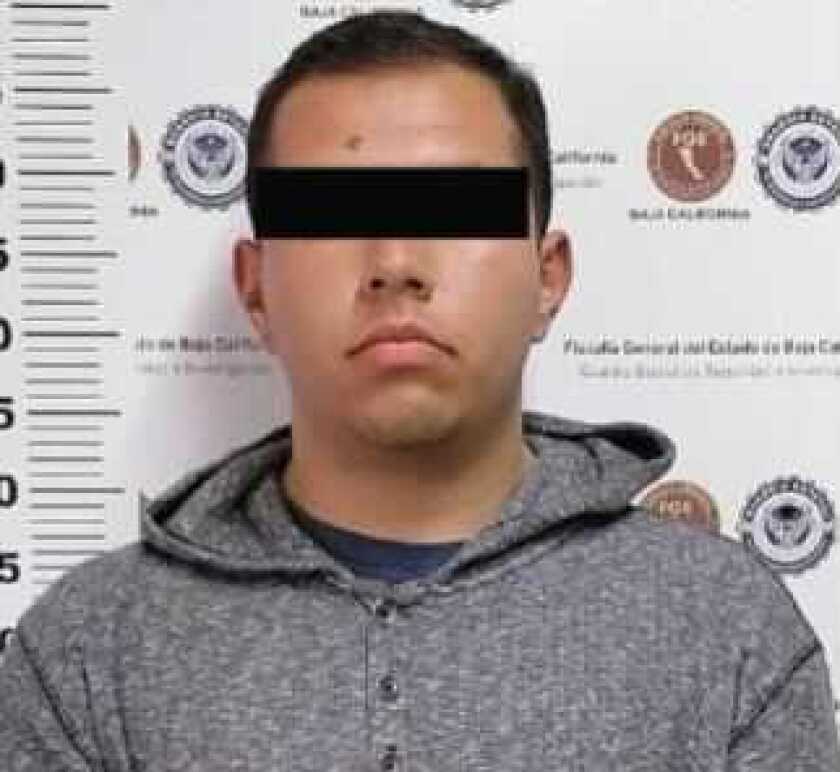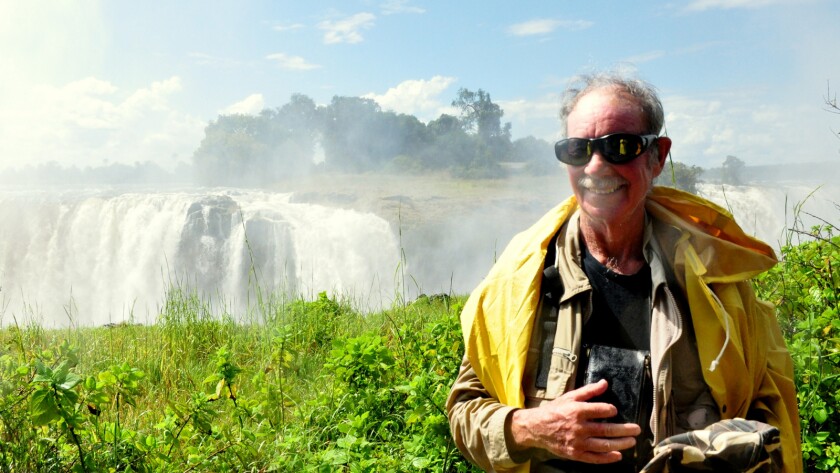Ian Hirschohn and Kathy Harvey were slain in summer 2020 in Hirschohn’s longtime vacation home in El Socorrito, a tiny beach town in Baja California
BAJA CALIFORNIA —
Mexican authorities on Tuesday announced the arrest of a suspect in the slayings last summer of two San Diego retirees whose bodies were found dumped in a well in Baja California.
Ian Hirschsohn, a 78-year-old Solana Beach resident, and Kathy Harvey, a 73-year-old Tierrasanta resident, were stabbed to death, likely in late August, while asleep in bed at Hirschsohn’s longtime vacation home in El Socorrito, a tiny beach town about 130 miles south of Ensenada, according to prosecutors and the victim’s families.

The families reported the couple missing Sept. 2, and investigators discovered their bodies on Sept. 5.
Investigators from the Baja California Attorney General’s Office arrested the suspected killer last week, according to a statement. He was identified only by his first name and one initial, Emmanuel N., as is customary in Mexican criminal cases.
Hirschsohn’s daughter identified the suspect as a member of the family that owned the ranch where her father’s vacation home was located. Ava Setzer said her father had owned that home for about 35 years and knew well the family that owned the ranch, including the suspected killer.
“We believe they were stabbed in their sleep in the middle of the night,” Setzer said Tuesday, adding that the killer removed all of the bedding along with the bodies, which “were put in this well in the middle of nowhere.”
Around the time the bodies were found, prosecutors said they believed the killer was a drug addict and would-be burglar who broke into the home thinking it was empty. Prosecutors said the killer stabbed the victims inside the home, muscled their bodies into Hirschsohn’s Toyota Land Cruiser and drove about four miles to the well to discard them.
The news of the arrest Tuesday came as welcome relief to the victims’ families.
“Finally,” Setzer said. “The past couple of months, this whole process, I can’t even describe how difficult it’s been.”
Harvey’s son, Robert, said there is “comfort in knowing he’s going to have to pay for it, that he’s not going to get away with it.”
Hirschsohn, a widower, and Harvey, a divorcee, had been dating for at least “a couple years,” Robert Harvey said. “She was really happy with Ian.”
Kathy Harvey was a native New Yorker, lived in Tierrasanta for more than 35 years and worked for decades as a physical therapist at Sharp Chula Vista until her retirement in 2014, according to her son.
“She had a bucket list of places she wanted to travel … and multiple friend groups,” Robert Harvey said, adding that he’d gently pushed his mother toward online dating, where she met Hirschsohn after some previous failed attempts.
“They would go down to Mexico all the time, it was a nice escape for her,” he said. “They had all these trips planned.”
Setzer said her father was “more active than anybody half his age … He lived the most full life, probably three times over.”

Hirschsohn was a mechanical engineer and pilot who was born and raised in South Africa. He earned graduate engineering degrees at Purdue University and Princeton, and was working toward a PhD at UC San Diego when he dropped out to help found the first of several successful companies he helped launch over the years.
He also worked for years at Qualcomm and helped raise his two children, who both graduated from Torrey Pines High School, in a home he built in Solana Beach.
Setzer described her father as the “true definition of an adventurer” who would windsurf at Lake Hodges and off the coast of Baja, surf-kayak at Swamis and cycle up to 20 miles a day, even as he approached 80 years old.
He flew model airplanes at the Torrey Pines Glider Port, and actual planes out of Brown Field, his daughter said. He’d spend a month or two each year on safari in his native South Africa and was the self published author of “African Caesar: Warrior Genius,” which Hirschsohn described on his website as a novel based on true events from 200 years ago among southern Africa’s tribes.
When Setzer first heard her father was missing last year, she hoped he’d become stranded while windsurfing or out on a similar adventure. In 2012, he had gone missing for two days in Alaska while flying with a companion to Denali. Setzer said he’d touched down on a remote beach after experiencing mechanical trouble, and later told stories of having to scare off bears while waiting to be rescued.
“We always expected he would go out with a bang, something like getting mauled by a lion in South Africa,” Setzer said Tuesday, theorizing that in a town with several wealthy ex-pats, a burglar might have picked her father’s home because it had no security cameras. “But he had no money and a 1996 Land Cruiser … Why would someone kill this old man?”
Source: sandiegouniontribune.com





